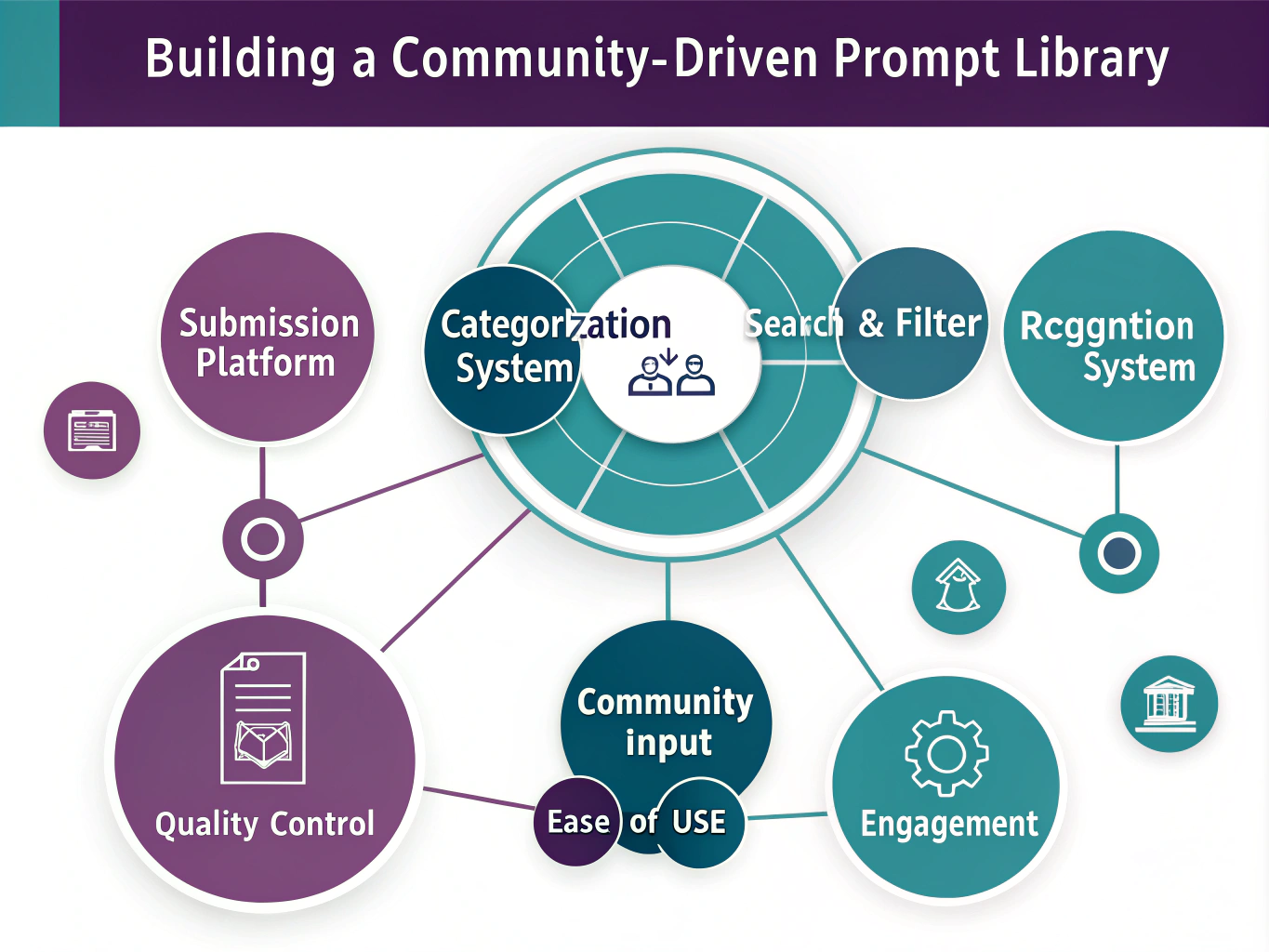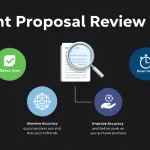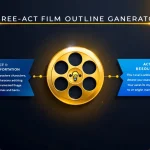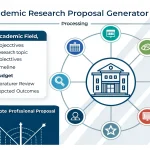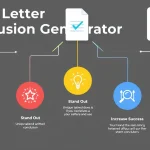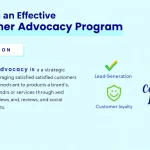Is this tool helpful?
How to Use the Community-Driven Prompt Library Proposal Generator Effectively
This tool helps you draft a thorough proposal for building a community-driven prompt library system. To get the best results, complete each section carefully by describing your vision and plans in detail. Below are tips and example inputs for each field to guide you.
-
Description of the Submission Platform:
Describe where and how users will submit their prompts. Consider platforms, user-friendly design, and accessibility features.
Example 1: “A browser-based dashboard integrated with single sign-on (SSO) for enterprise users, featuring step-by-step prompt submission wizards and error checking.”
Example 2: “A mobile app with offline submission capability that synchronizes data when connected, supporting voice-to-text input.”
-
Explanation of the Categorization System:
Outline how prompts will be organized to make browsing and searching efficient. Define main categories, tags, or classification models.
Example 1: “Hierarchical categories splitting prompts by Use Case (e.g., customer support, content creation), Complexity Level (basic, intermediate, advanced), and Language.”
Example 2: “A faceted taxonomy that allows filtering by domain, task type (e.g., summarization, question-answering), and applicability to different AI models.”
-
Description of Sorting and Filtering Capabilities:
Explain how users will find specific prompts using sorting and filtering tools.
Example 1: “Customizable lists that let users filter prompts by popularity, submission date, contributor rating, and relevant keywords, with a real-time search bar.”
Example 2: “Advanced filtering with multi-select dropdowns and tagging, plus options to sort by newest, most used, or highest rated prompts.”
-
Suggestions for Recognition and Incentive Programs:
Propose ways to encourage active contributions and reward top users.
Example 1: “Monthly leaderboard showcasing top prompt creators, awarding exclusive webinar access and digital certificates.”
Example 2: “Points system granting badges for community votes received, combined with spotlight interviews published in the platform’s blog.”
-
Strategies for Encouraging and Managing Community Input:
Describe methods to foster engagement and maintain quality in user submissions.
Example 1: “Scheduled prompt creation contests with peer voting and feedback rounds, plus moderation by a panel of experts.”
Example 2: “Open forums for discussing prompt improvements, with mechanisms to flag inappropriate content and regular training sessions for contributors.”
Once you complete these fields with your ideas, click Generate Proposal to receive a structured proposal tailored to your community-driven prompt library vision.
Community-Driven Prompt Library: Definition, Purpose, and Benefits
The Community-Driven Prompt Library Proposal Generator helps organizations and communities design systems that allow users to contribute, categorize, and refine AI prompts collaboratively. This tool serves as a guide to build scalable, clear, and engaging libraries fueled by collective input.
Using this tool saves you time and ensures every critical aspect—from submission methods to contributor incentives—is covered. The benefits include:
- Diverse prompt contributions from a wide user base
- Improved prompt quality driven by peer feedback and moderation
- Efficient prompt discovery through structured categorization and sorting
- Increased community motivation via recognition and rewards
- Scalable systems that adapt as the prompt library grows
This proposal generator simplifies the complex process of conceptualizing a community prompt platform, helping you turn ideas into actionable plans quickly.
Practical Applications of the Proposal Generator
This tool supports a range of use cases where prompt libraries empower diverse communities and industries. Here are some typical scenarios:
AI Research Collaborations
- Develop prompt repositories across multiple research domains
- Integrate peer review systems to validate prompt effectiveness
- Facilitate knowledge sharing via secure, role-based submission portals
Educational Content Providers
- Create libraries of prompts matched to learning objectives and grade levels
- Use AI tools to review prompts for age-appropriateness and curriculum alignment
- Reward educators for quality submissions through gamified incentives
Corporate Innovation Networks
- Build internal prompt libraries for knowledge sharing and creative brainstorming
- Allow cross-team collaboration with moderated access and feedback mechanisms
- Highlight top contributors with company-wide recognition events
Common Challenges Addressed by the Tool
1. Organizing a Vast Range of Diverse Prompts
Effective categorization and tagging systems prevent information overload and improve prompt retrieval. The proposal generator helps you design multi-level categories and user-driven tags that keep the library organized.
2. Maintaining High-Quality Contributions
The tool prompts you to establish clear guidelines and quality controls like peer review, moderation, and recognition that not only preserve but enhance the library’s standards as it grows.
3. Keeping the Community Engaged and Active
By incorporating incentive structures, contests, and collaborative features, the proposal generator helps you create systems where users feel valued and motivated to contribute consistently.
FAQs About Community-Driven Prompt Libraries
What is a community-driven prompt library?
It is a collaborative platform where users submit, organize, and access AI prompts. The library evolves through community contributions, ensuring a broad and dynamic collection of prompts.
How does this proposal generator help create such libraries?
The tool guides you through critical design decisions such as submission methods, categorization hierarchies, filtering options, contributor rewards, and community management, resulting in a comprehensive proposal tailored to your goals.
Can I customize the generated proposal?
Yes. The tool provides a flexible framework, so you can adjust the proposal to fit your organization’s unique needs, industry focus, and community culture.
Is this tool suitable for both small and large communities?
Absolutely. The proposal generator encourages scalable design, helping systems work efficiently regardless of the community size or growth trajectory.
Important Disclaimer
The calculations, results, and content provided by our tools are not guaranteed to be accurate, complete, or reliable. Users are responsible for verifying and interpreting the results. Our content and tools may contain errors, biases, or inconsistencies. Do not enter personal data, sensitive information, or personally identifiable information in our web forms or tools. Such data entry violates our terms of service and may result in unauthorized disclosure to third parties. We reserve the right to save inputs and outputs from our tools for the purposes of error debugging, bias identification, and performance improvement. External companies providing AI models used in our tools may also save and process data in accordance with their own policies. By using our tools, you consent to this data collection and processing. We reserve the right to limit the usage of our tools based on current usability factors.
